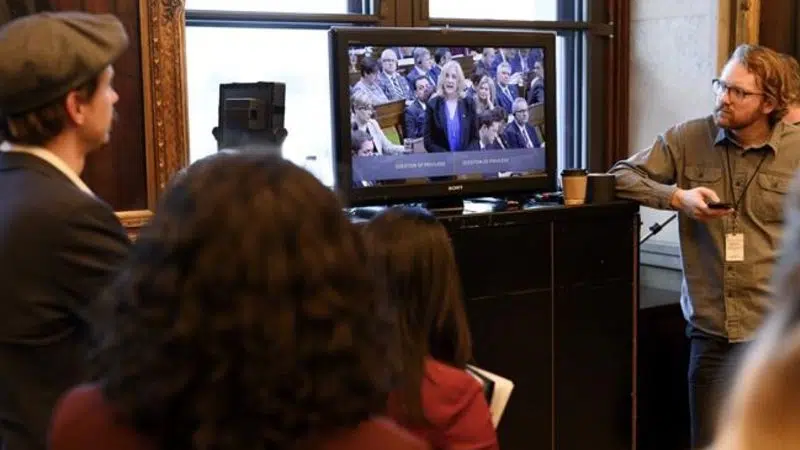
Highlights from the 2019 federal budget tabled Tuesday
OTTAWA — Highlights from the federal Liberal budget tabled Tuesday by Finance Minister Bill Morneau:
— $1.7 billion over five years, and $586 million a year after that, for a Canada Training Benefit to help workers upgrade skills and acquire new ones while keeping their jobs. The benefit includes a $250-a-year tax credit to pay for training programs and access to employment insurance to cover living expenses for up to four weeks away from work.
— $1.18 billion over five years to toughen border security, including hiring more judges to handle judicial reviews of asylum applications.


